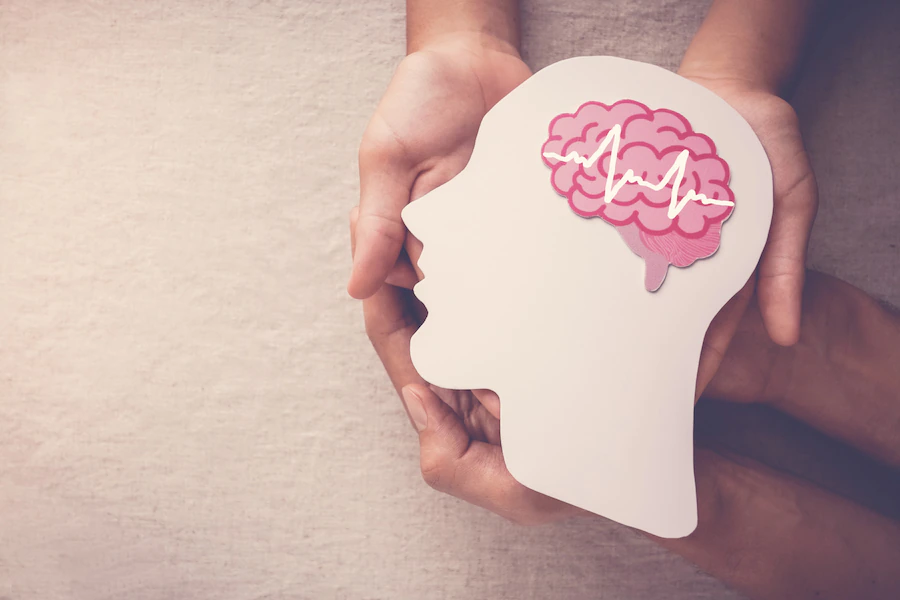The Problem: Disparities in mental health/wellness

The mental health landscape in the Black and African American (B/AA) communities in the United States is a complex tapestry, heavily influenced by historical trauma, racial prejudice, and systemic inequities. These communities face mental health conditions at about the same, or even slightly less frequency than their White American counterparts, yet the nature of these conditions is often more persistent
and chronic, rather than episodic.
This pattern stems from a deeply rooted and ongoing experience of violence and trauma that, unfortunately, characterizes the Black and African American experience in America. Despite these adversities, the will to seek help remains strong within these communities. Their faith often guides their initial outreach, but a deep-seated mistrust of the medical system, reinforced by historical injustices and contemporary experiences, makes the journey to recovery more challenging.
This issue is further exacerbated by the under-representation of Black and African American providers in the mental health workforce, who could potentially provide more culturally sensitive and appropriate care.
Black and African American communities represent a vibrant, diverse 13.4% of the U.S. population, with unique social dynamics and an unyielding spirit. However, socio-economic disparities, often the product of historical oppression, and continued racial bias, cast a long shadow on their mental well-being. Poverty is also a significant concern, and it magnifies the risk of serious psychological distress. Alarmingly, major depressive episodes and suicide attempts are on the rise, particularly among young individuals, highlighting the urgent need for intervention.
The stigma around mental health and apprehensions about the cultural competency of health providers are significant barriers in the path of Black and African Americans seeking treatment. They are often met with different diagnoses and treatment options than white people with similar symptoms, causing further disconnect and mistrust.
Unsurprisingly, this has led to a disproportionate representation of Black and African American individuals in prisons, further compounding the cycle of trauma and mental health challenges. Access to mental healthcare remains a steep hill to climb, with persisting disparities in insurance coverage and treatment. Yet, amidst these challenges, hope blooms.
Organizations like BEAM, The Boris Lawrence Henson Foundation, Therapy for Black Girls, The Loveland Foundation, and Innopsych, are lighting the way, providing much-needed resources, culturallyappropriate support, and a sense of community for Black and African Americans navigating the path to mental wellness. As awareness grows and more voices join the chorus for systemic change, a future of equitable mental health care for Black and African Americans seems achievable.